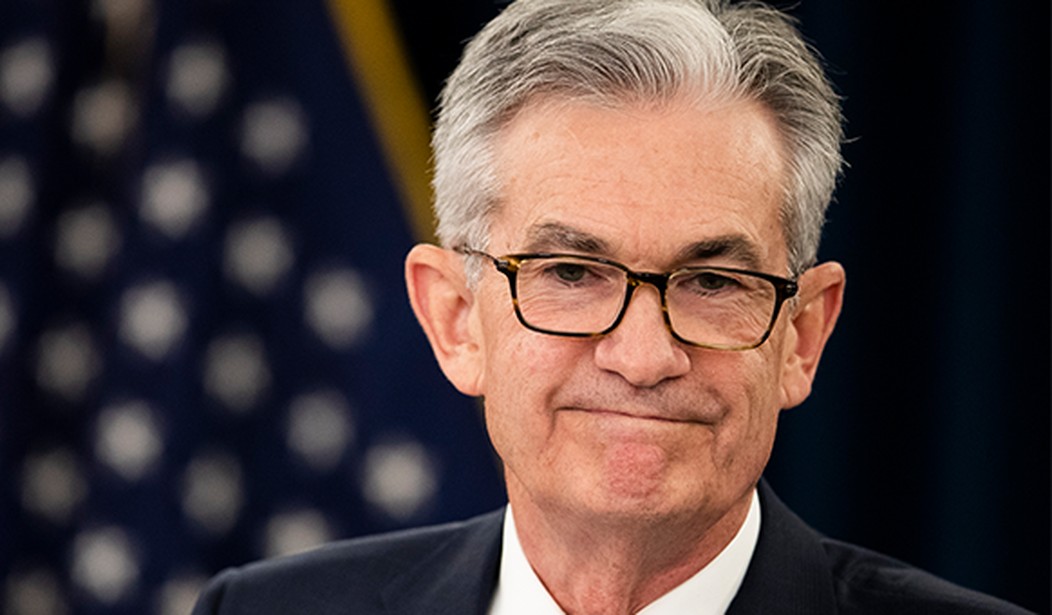Banking is just about the most regulated industry in America. Yet, as we saw with the collapse of Silicon Valley Bank and others in recent months, lenders are not invulnerable to failure due to bad management or unexpected changes in economic conditions.
The inevitable response is for more regulation on all banks. But sometimes regulators can make conditions worse for healthy banks. The most famous example in recent times was when financial regulators urged banks to issue inordinate amounts of new "safe" mortgages leading up to the great financial crisis of 2008, ultimately flooding the financial system with toxic debt.
Now with some banks under financial stress because of higher interest rates, Congress and the Federal Reserve want to raise bank capital reserve requirements. Presumably, this means holding more government bonds, many of which dropped precipitously in value last year as interest rates spiked higher.
Federal Reserve Vice Chair for Supervision Michael Barr recently proposed raising these capital standards, as have several Senate Democrats.
No one wants to see bank runs. But these rules don't distinguish between financially healthy banks and poorly operated banks with risky loan portfolios and bad management. It's like trying to fight obesity by asking physically fit people to go on a diet.
Given that taxpayers backstop bank deposits through FDIC insurance, reasonable capital requirements are prudent. But by definition, higher capital reserves mean less money available to make loans. Access to credit for business and family borrowers gets squeezed.
Recommended
A recent study from the Securities Industry and Financial Markets Association finds that for every 1 percentage point increase in additional risk-weighted capital required by federal regulators, the amount available for lending decreased by $16 billion. Some of the capital requirement proposals would thus shrink the pool of available capital by as much as $136 billion.
Will tomorrow's Bernie Marcus (co-founder of Home Depot) or Steve Jobs (founder of Apple) be the odd man out under these new regulations? If there is one thing economists agree on, it is the dire need for improved economic growth -- which requires more, not less, capital investment.
All of this is unnecessary. The banking sector in general is already well-protected against an economic downturn or a sudden rash of loan defaults. The banks now hold nearly $3 trillion in high-quality liquid assets (or four times the levels before the 2008 meltdown).
The Federal Reserve itself acknowledges this in its recent Financial Stability Report, which concludes: "As of the fourth quarter of 2022, banks in the aggregate were well capitalized, especially U.S. global systemically important banks."
Much like the Dodd-Frank law and the creation of the Consumer Financial Protection Bureau after 2008, this is a measure that won't address the risk problem banks are facing. They have been victims of a reckless zero interest rate monetary policy that took a trillion dollars out of the lending base of banks as depositors have rushed to the higher yield environment of money market mutual funds.
Most new regulations are well-meaning -- but often have unexpected results. Tighter capital requirements wouldn't have done anything to prevent some of the recent failures of lenders such as SVB. But they will make borrowing costs more expensive and loans harder to get. That's far from an agenda of growth and prosperity.

























Join the conversation as a VIP Member